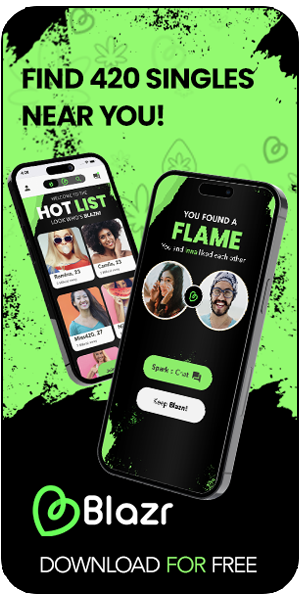) of the products contained less than 80% of the advertised CBD content, with some containing no CBD at all.
In the Midst of Cannabis Reform, Hemp-Derived Products Take Center Stage
As the West continues to push for cannabis and CBD reform, the spotlight is now on hemp-derived cannabinoid products. However, legislators are raising concerns about the lack of regulation and potential for intoxication with these products.
States Crack Down on Psychoactive Hemp-Derived Products
In recent months, several states have introduced new policies to restrict or even ban the sale of psychoactive hemp-derived products, such as delta-8 THC. This comes as many are calling out the regulatory gaps in the market for these products.
CBD Oracle Takes on Amazon’s Hemp Products
Consumer research company CBD Oracle is on a mission to improve safety and transparency in the cannabis industry. Their latest focus? CBD gummies and other hemp products sold on Amazon.com. Despite Amazon’s claims that they do not allow CBD products on their platform, CBD Oracle’s independent analysis begs to differ.
Deceptive Marketing Tactics on Amazon
According to CBD Oracle, many sellers on Amazon use deceptive marketing tactics to get around the platform’s ban on CBD products. Instead of using the term “CBD,” they use “hemp” on packaging and in product descriptions. This has raised concerns among industry leaders, such as Neurogan CEO Jan Brandup, who believes that these products are not actually related to hemp and are simply using the term as a sales tactic.
Lack of Credibility and Quality on Amazon
Sunday Scaries CEO Mike Sill also weighed in, stating that the strict regulations on Amazon make it difficult for reputable brands to sell their products on the platform. This leads to a lack of credibility and ultimately, a lack of quality in the products available on Amazon.
The Truth About Amazon “Hemp” Products
To shed light on the contents of these products, CBD Oracle purchased 56 of the most popular hemp products on Amazon and had them tested by InfiniteCAL Labs. The results were concerning, with 80% of the products being gummies and 89% making specific dosage claims. However, around 30% of the products contained less than 80% of the advertised CBD content, and some had no CBD at all. This raises questions about the accuracy and safety of these products.






